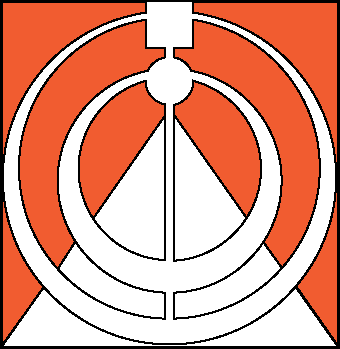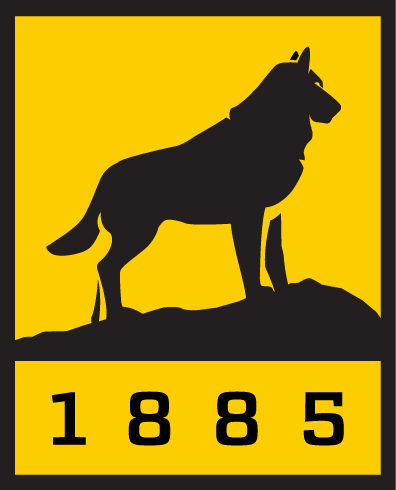Mi-STAR Wants to Help: Share Your Needs and Ideas on the Community Forums
Friday, April 17, 2020
The COVID-19 pandemic has shut down classrooms across Michigan, throwing teachers into an unfamiliar universe. As districts create theirremote-learning plans for students, Mi-STAR is working to help teachers through this uncertain time.
- We have launched a community forum, Remote Learning: Ideas and Resources, on our curriculum portal where Mi-STAR educators can share their adapted or new lesson materials with one another.
- We will be releasing a few short and simple lessons for each grade level, including demonstration videos where appropriate. These can be taught remotely by teachers using Mi-STAR.
- We’re asking professional learning facilitators about the needs in their region and what types of materials would be most useful.
- We are looking into other ways to support educators and connect everyone at this time. We will keep information updated here.
We’ve asked Chris Geerer, a Mi-STAR professional learning facilitator and chair of the science department at Parcells Middle School, in Grosse Pointe Woods, to share some of her thoughts for this blog. Like all teachers, she has watched her best laid instructional plans fly out the window and is now grappling with the new reality. Per Gov. Gretchen Whitmer’s executive order, districts across Michigan are now developing new remote-learning plans and submitting them for approval to intermediate school districts and the state department of education.
“There is a lot of latitude in the governor’s statement, so the outcomes depend on how our districts decide to proceed,” Geerer said. Grading poses special equity problems, since students at home have much different access to resources. “Currently in our district, anything our students do will count toward a grade at the end of the semester, but they can either take their grade or a pass/fail.” Students qualifying for “COVID-19 hardship” will be given special consideration.
“We have been told to focus on essentials, and that will involve developing new materials,” said Geerer. “We plan to post a lesson on Monday morning and give kids a week to finish it.” The lessons only take about two hours to complete, but giving students a full week should assure that most of them will be able to access the lesson on computing devices. “We will also have office hours for one hour a week,” she said.
Geerer is paring down her own lessons to fit a remote-learning format. In addition, she and other teachers are working with Mi-STAR staff to adapt parts of the curriculum for distance learning. “Not everything will be polished and perfect, because we have to do so much, so fast,” she said. “We are building the plane while flying it. But it’s important to give teachers something they can use.” And as always, Mi-STAR teachers will be encouraged to provide feedback, allowing for continuous improvement.
Tony Matthys, Mi-STAR curriculum development associate, wants to remind everyone to make use of the online community forum, Remote Learning: Ideas and Resources, which was established to help teachers connect and share resources right away. “If you have discovered good activities or strategies for supplementing students’ learning during these school closures, please share them with the Mi-STAR community on the Forum,” he said. You can also stay in touch and keep up to date with Mi-STAR’s response with Mi-STAR on Facebook and Twitter.
“Ever since the first school closure, we have been preparing for the possibility of transitioning to remote learning by gathering data about our users’ needs, reading up on best practices and brainstorming possible resources,” Matthys added. “I think the Mi-STAR staff recognizes the challenge before us, and all teachers in the state, but we are energized at the prospect of helping teachers and students through this difficult time.”
GET Mi-STAR NEWS BY E-MAIL!
Copyright © 2026 Mi-STAR
Mi-STAR was founded in 2015 through generous support provided by the Herbert H. and Grace A. Dow Foundation. Mi-STAR has also received substantial support from the National Science Foundation, the MiSTEM Advisory Council through the Michigan Department of Education, and Michigan Technological University.


















